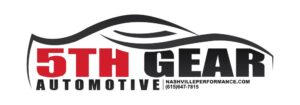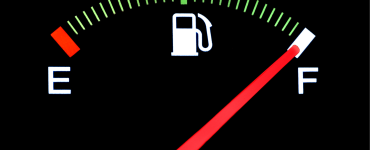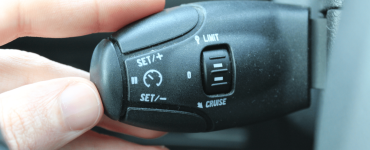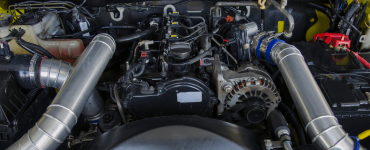Basics of fuel-saving: Maximizing Your Vehicle’s Efficiency
Key Takeaways
| Aspect | Detail |
|---|---|
| Engine Tuning | Optimize your vehicle’s engine performance for better fuel efficiency. |
| Tire Pressure | Maintain proper tire pressure to reduce rolling resistance. |
| Driving Habits | Adopt efficient driving habits to conserve fuel. |
| Regular Maintenance | Keep your vehicle well-maintained to prevent fuel wastage. |
| Aerodynamics | Enhance your car’s aerodynamics to reduce drag and save fuel. |
With the ever-rising costs of fuel, learning the basics of fuel-saving is more crucial than ever. This guide will walk you through various methods to maximize your vehicle’s fuel efficiency, from engine tuning to the importance of maintaining your fuel filter.
Understanding Fuel Economy
Fuel economy is the measure of how far a vehicle can travel on a specific amount of fuel. It’s not just about saving money; it’s also about reducing your carbon footprint. One of the first steps to improve your fuel economy is to understand your vehicle’s current performance, which can be tracked by paying attention to your fuel gauge and learning to interpret its readings accurately.

Engine Efficiency
Your engine is the heart of your vehicle, and ensuring it runs efficiently is paramount. This includes regular oil changes, using the right type of oil, and considering an oil additive for older engines. Additionally, improving your fuel injection system can lead to better fuel management and, consequently, savings at the pump.
The Impact of Exhaust Systems
A vehicle’s exhaust system plays a critical role in its overall fuel efficiency. Upgrading to a high-quality system can improve exhaust flow, which in turn can enhance fuel economy. Delve into the impact of exhaust systems on fuel efficiency to understand how an optimized exhaust can make a difference.
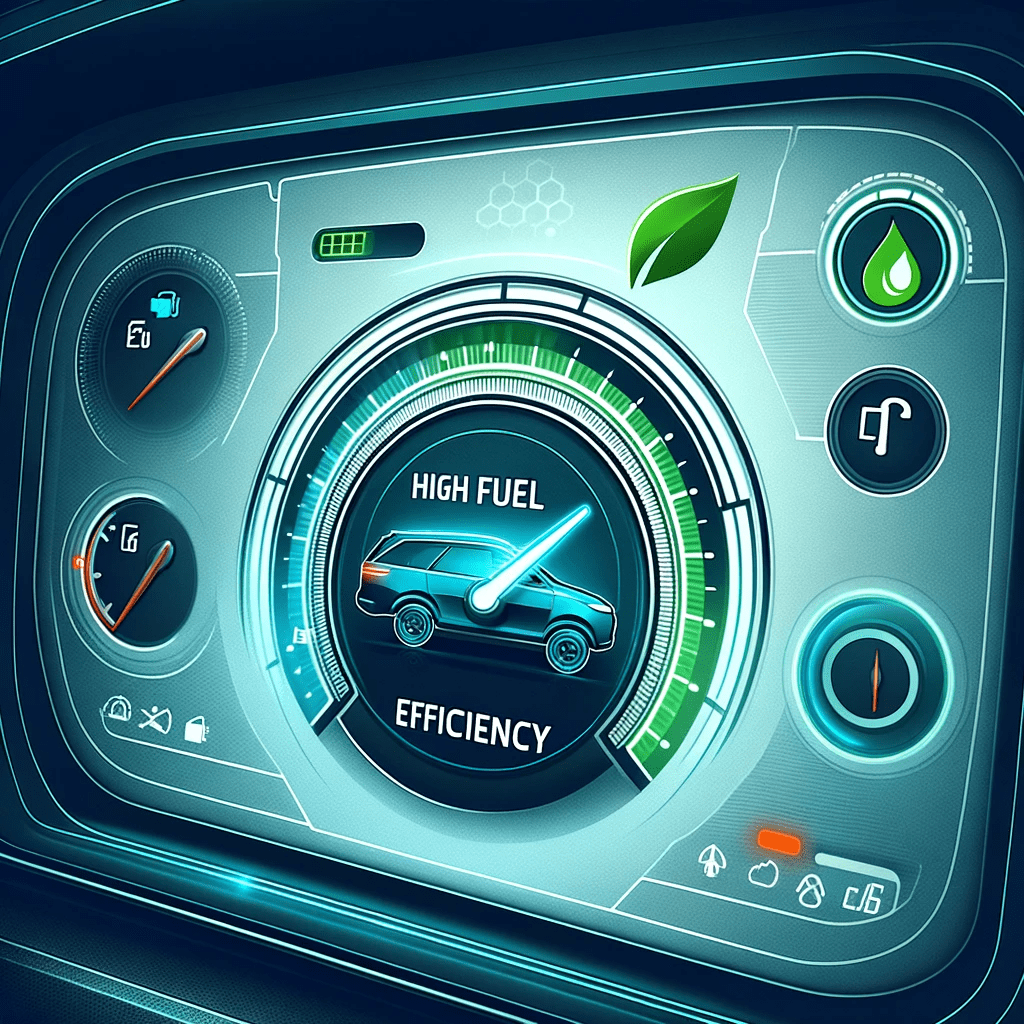
The Role of Fuel Filters
A clogged fuel filter can drastically affect your vehicle’s performance and fuel consumption. Knowing how often to replace your fuel filter is essential for maintaining an efficient fuel system.
Aerodynamics and Fuel Efficiency
The shape of your vehicle influences how air flows around it, which affects fuel consumption. Aerodynamic modifications can reduce air resistance, allowing your vehicle to use fuel more efficiently.
Best Practices for Fuel Conservation
- Tire Maintenance: Under-inflated tires can increase fuel consumption by up to 3%.
- Weight Reduction: Remove unnecessary weight from your vehicle to improve mileage.
- Speed Regulation: Maintaining a steady speed rather than accelerating and decelerating rapidly conserves fuel.
- Use of Air Conditioning: Excessive use of A/C can increase fuel consumption, use it judiciously.
Products to Enhance Fuel Efficiency
On the market, there are numerous products that claim to improve fuel efficiency. One such example is fuel injector cleaners, with specific products designed for particular models like the Ford F150. For insights on selecting the right one, consider reading about the best fuel injector cleaner for Ford F150.
| Technique | Before Fuel-Saving (MPG) | After Fuel-Saving (MPG) | Improvement (%) |
|---|---|---|---|
| None | 20 | 20.0 | 0.0 |
| Engine Tuning | 20 | 21.0 | 5.0 |
| Proper Tire Pressure | 20 | 21.6 | 8.0 |
| Efficient Driving | 20 | 22.0 | 10.0 |
| Regular Maintenance | 20 | 20.8 | 4.0 |
| Aerodynamic Mods | 20 | 21.2 | 6.0 |
This table demonstrates the benefits of implementing fuel-saving strategies, showing a noticeable improvement in miles per gallon (MPG) across various techniques compared to not employing any fuel-saving measures.
By implementing the strategies discussed, you can improve your vehicle’s fuel efficiency and save money in the long run. Moreover, reducing fuel consumption is a step towards environmental stewardship, aligning with Nashville Performance’s commitment to impactful fuel economy practices.
